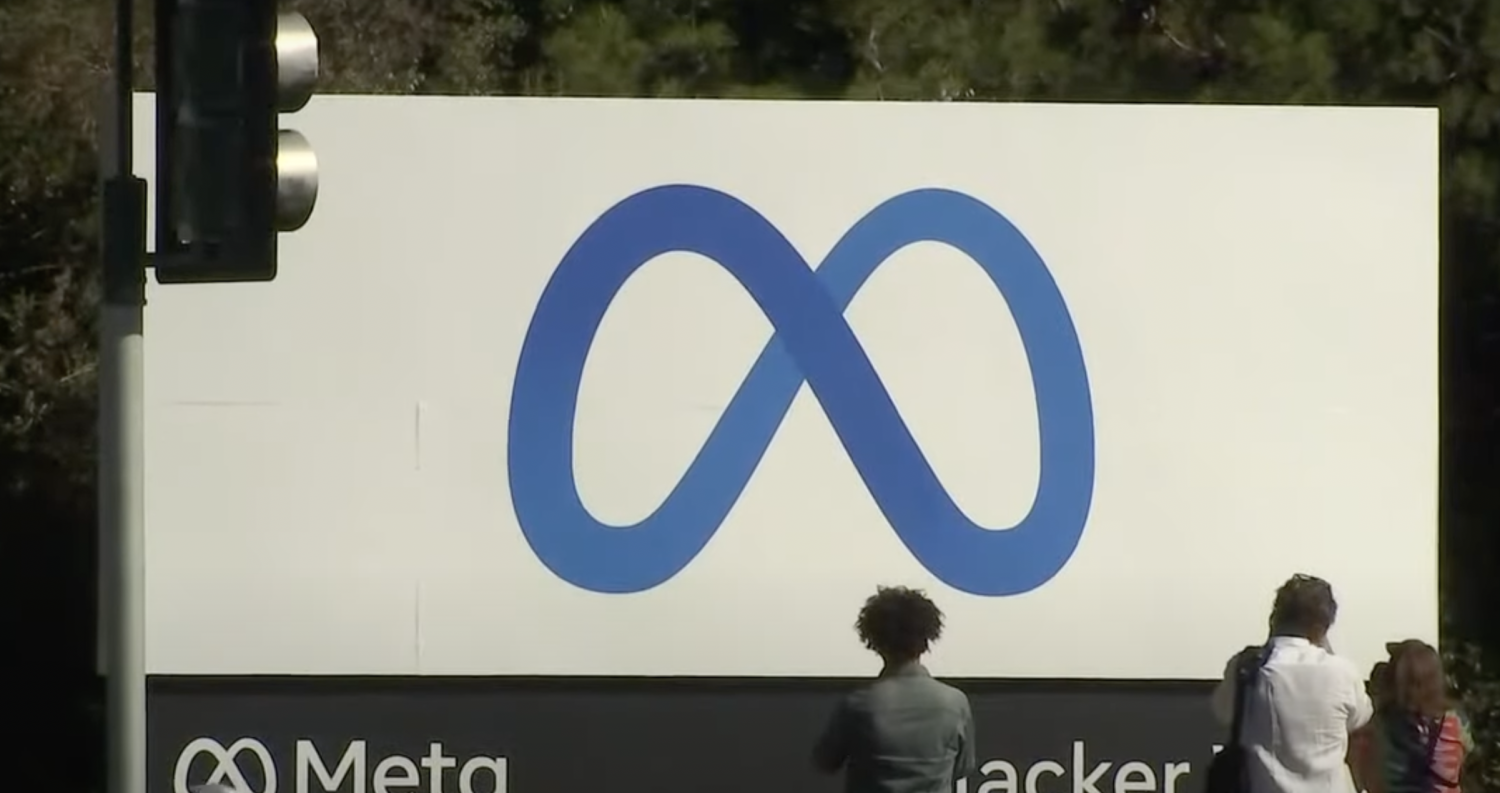
Meta slammed with record €1.2Bn fine in EU, ordered to halt transfer of EU user data to the US within 6 months
In a resounding blow to social media company Meta, European regulatory authorities have delivered a powerful message by imposing a record-breaking $1.3 billion fine and demanding a halt to the transfers of data of European users to the US. This punitive action comes as a direct consequence of Meta’s failure to comply with stringent privacy regulations pertaining to the transfer of user data. This landmark ruling also highlights the growing concerns over data privacy and marks a crucial turning point in the battle to protect user information.
The multi-billion-dollar fine (1.2 billion euros) marks the highest financial penalty imposed upon a ‘Big Tech’ company by EU regulators to date over privacy violations. The previous record was recorded when e-commerce giant Amazon was slapped with a fine of €746 million by the EU two years ago – that was for violations of user privacy as well.
The development comes after a long investigation by the officials, who discovered that the flow of European user data to US-based servers violated the digital privacy rules. The Irish Data Protection Commission took it one step further to announce that the social media giant violated the General Data Protection Regulation (GDPR) when it enabled the data flow without sufficiently protecting them from data surveillance practices in the US. It went on to add that the current legal framework for data transfers to the US “did not address the risks to the fundamental rights and freedoms” of Facebook users in the European Union (EU), thereby exposing them to privacy violations. To add to this, Meta has been given a window of six months to stop such transfers and date the user data currently in the US.
This ruling signifies a significant setback for the company, as it will now have to re-evaluate its data handling practices and find alternative methods to ensure compliance with privacy regulations. The repercussions of this ruling extend beyond the financial penalty. It also highlights the increasing scrutiny and regulatory focus on technology companies’ handling of user data.
With the proliferation of digital platforms and the vast amount of personal information being collected, the need to protect user privacy has become paramount. Perhaps Meta rues the loss of the Privacy Shield, a transatlantic pact that protected such data transfers, but the EU’s top court declared it invalid three years ago. But the fine imposed on the company serves as a wake-up call to the industry, emphasizing the urgency of implementing robust data protection measures and complying with applicable regulations.
Meta’s colossal fine, data transfer restrictions, and the mandated deletion of unlawfully transferred data mark a watershed moment in the battle for data privacy. The fallout from this ruling extends beyond financial penalties, impacting Meta’s operations, reputation, and the broader tech industry as a whole.
As the spotlight on data privacy intensifies, companies are being increasingly scrutinised over transparency, accountability, and the protection of user information. Privacy activists believe, that the repercussions of Meta’s privacy breach will hopefully help shape the future of data handling practices, reinforcing the need for stringent regulations and robust safeguards to ensure the privacy rights of users are upheld.
Meta did not remain silent after being slammed with the fine – Nick Clegg, President, Global Affairs, and Jennifer Newstead, Chief Legal Officer at Meta, wrote in an official statement that thousands of businesses and organizations relied on the practice of data flows to operate. They added that Meta will appeal the ruling – including the fine, which it termed as “unjustified” and “unnecessary.” “We are appealing these decisions and will immediately seek a stay with the courts who can pause the implementation deadlines, given the harm that these orders would cause, including to the millions of people who use Facebook every day,” they wrote.


